
The Timeless Charm of Bath: A Journey Through History and Elegance
Nestled in the rolling hills of Southwest England, Bath is a city that effortlessly blends ancient history with modern sophistication. Renowned for its stunning Georgian architecture, Bath is most famous for its Roman-built baths. These ancient thermal springs have been a draw for visitors since Roman times, making Bath one of the most historical cities in the United Kingdom. The Roman Baths, with their well-preserved ruins and informative museum, offer a glimpse into the city's past and are a must-see for any visitor. Beyond its historical allure, Bath is a city of elegance and refinement. The Royal Crescent and the Circus are prime examples of the city's Georgian grandeur, showcasing some of the finest 18th-century architecture in the country. Stroll through the picturesque streets and you'll find charming boutiques, delightful cafes, and a wealth of cultural venues, including the Theatre Royal and the Holburne Museum. The city's compact size makes it easy to explore on foot, allowing visitors to soak in the atmosphere at their own pace. Bath is also a city of green spaces and natural beauty. The scenic Avon River flows through the heart of the city, providing lovely riverside walks and boat trips. Don't miss a visit to the Prior Park Landscape Garden, a beautiful 18th-century garden with stunning views over the city. Whether you're interested in history, architecture, or simply relaxing in a beautiful setting, Bath offers a unique and unforgettable experience.
Local tips in Bath
- Visit the Roman Baths early in the morning or late in the afternoon to avoid the crowds.
- Take a free walking tour offered by the Mayor of Bath's Corps of Honorary Guides to get an insider's perspective on the city's history.
- Consider purchasing a Bath Visitor Card for discounts on various attractions and dining options.
- Relax at the Thermae Bath Spa and enjoy the rooftop pool with panoramic views of the city.
- Explore the surrounding countryside with a hike along the Bath Skyline Walk for breathtaking views.
The Timeless Charm of Bath: A Journey Through History and Elegance
Nestled in the rolling hills of Southwest England, Bath is a city that effortlessly blends ancient history with modern sophistication. Renowned for its stunning Georgian architecture, Bath is most famous for its Roman-built baths. These ancient thermal springs have been a draw for visitors since Roman times, making Bath one of the most historical cities in the United Kingdom. The Roman Baths, with their well-preserved ruins and informative museum, offer a glimpse into the city's past and are a must-see for any visitor. Beyond its historical allure, Bath is a city of elegance and refinement. The Royal Crescent and the Circus are prime examples of the city's Georgian grandeur, showcasing some of the finest 18th-century architecture in the country. Stroll through the picturesque streets and you'll find charming boutiques, delightful cafes, and a wealth of cultural venues, including the Theatre Royal and the Holburne Museum. The city's compact size makes it easy to explore on foot, allowing visitors to soak in the atmosphere at their own pace. Bath is also a city of green spaces and natural beauty. The scenic Avon River flows through the heart of the city, providing lovely riverside walks and boat trips. Don't miss a visit to the Prior Park Landscape Garden, a beautiful 18th-century garden with stunning views over the city. Whether you're interested in history, architecture, or simply relaxing in a beautiful setting, Bath offers a unique and unforgettable experience.
When is the best time to go to Bath?
Iconic landmarks you can’t miss
The Circus
Discover The Circus, Bath’s breathtaking Georgian circle of elegant townhouses rich in history, symbolism, and architectural grandeur.
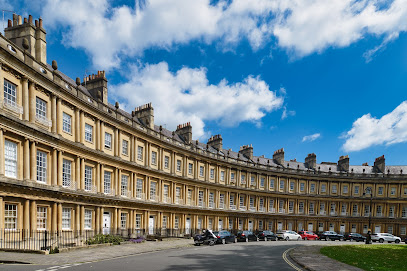
Cabot Tower
Historic Cabot Tower crowns Bristol’s oldest park, Brandon Hill, offering panoramic city views and a tranquil urban nature reserve.
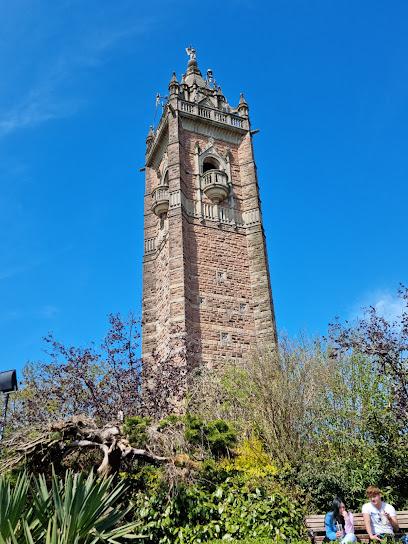
Green Park Station
Historic railway station turned vibrant market hub offering fresh local produce, unique crafts, lively eateries, and cultural events in Bath.
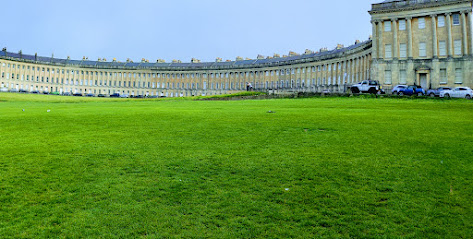
Bath Guildhall Market
Explore Bath’s oldest indoor market with over 800 years of history, vibrant stalls, and charming cafes beneath a stunning domed roof.
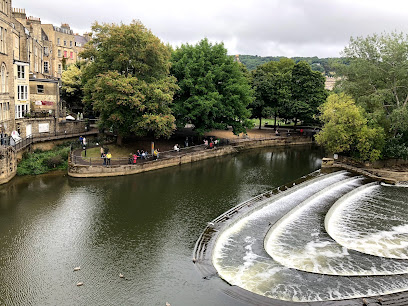
Herschel Museum of Astronomy
Explore the Georgian home where William Herschel discovered Uranus and celebrate the Herschels’ legacy in astronomy and music.
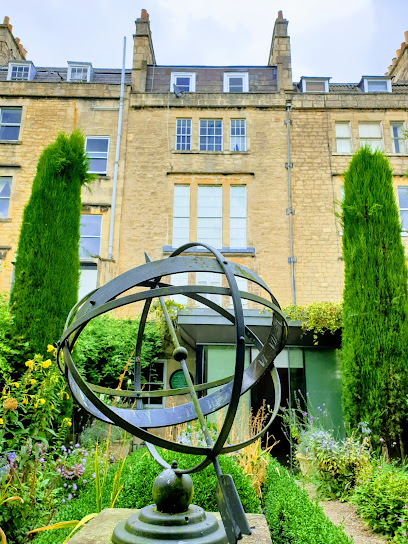
St Peter's Church
A haunting World War II memorial in Bristol’s Castle Park, preserving the ruins of St Peter’s Church and its rich medieval heritage.
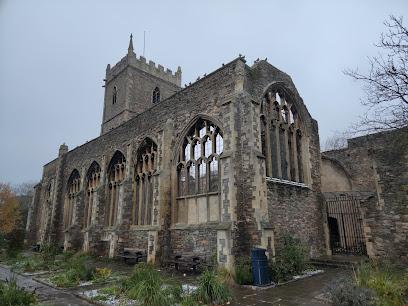
Bath Walking Tours
Explore Bath’s rich history and stunning architecture through expert-led walking tours starting at Abbey Courtyard.
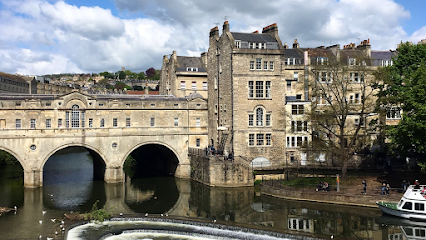
The Parish Church of St John the Baptist
A 7th-century Saxon foundation with a spectacular Victorian interior, this historic parish church is the spiritual and architectural heart of Frome.
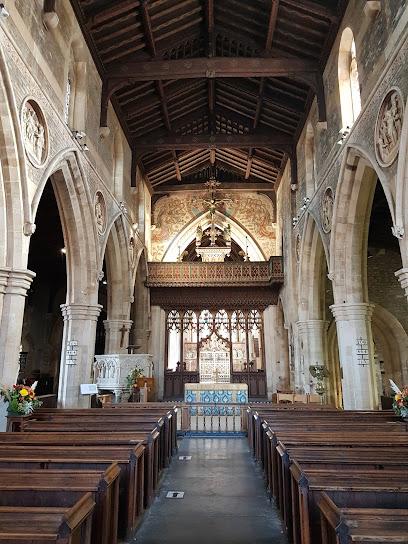
Museum of Bath Architecture
Explore Bath’s architectural evolution from medieval roots to Georgian grandeur in a compact, richly detailed museum setting.
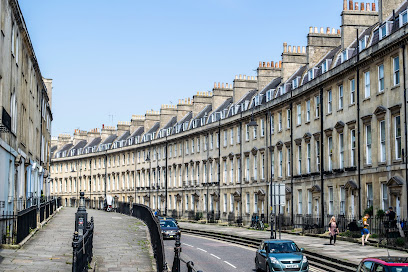
Statue of Edmund Burke
Explore the bronze statue honoring Edmund Burke, Bristol’s celebrated 18th-century politician and philosopher, set against the historic Broad Quay waterfront.
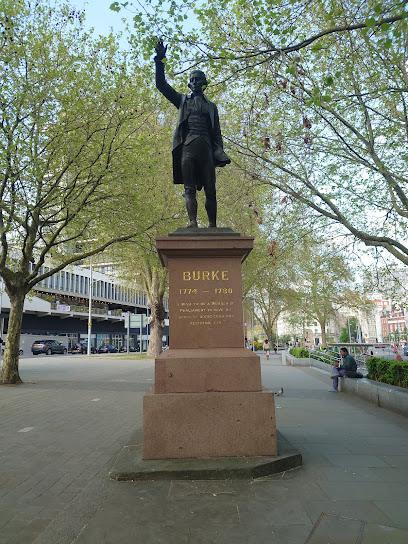
Archway
Discover Bath’s elegant Victorian Archway, a historic stone bridge carrying spa waters across York Street in the city’s UNESCO heritage heart.
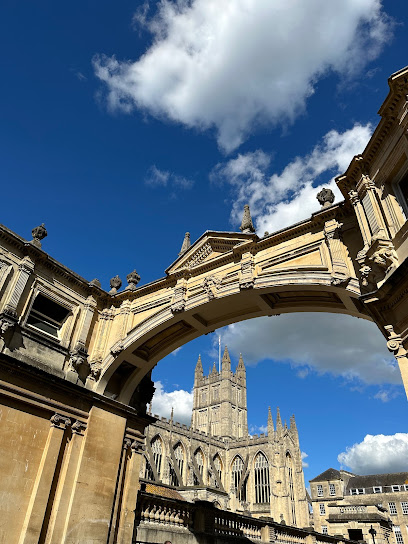
Bath Quays Waterside
A vibrant, sustainable waterside regeneration reconnecting Bath’s city centre with its historic river heritage and green public spaces.
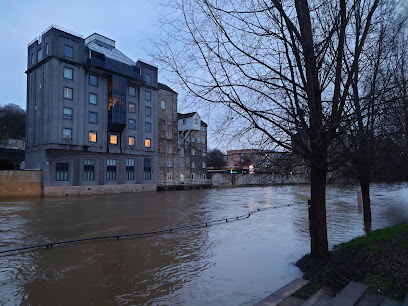
Part of the mediaeval wall of the City of Bath
Explore a rare surviving fragment of Bath’s medieval city walls, a stone sentinel guarding centuries of history at 13 Trim Street.
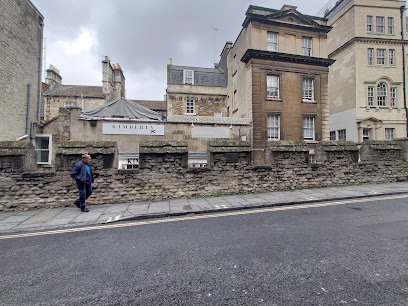
Parte de la muralla medieval de la ciudad de Bath
Explore a rare surviving fragment of Bath’s medieval city wall, a gateway to the city’s rich Roman and medieval heritage.
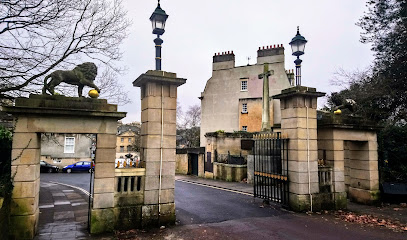
Monks Mill
Discover Monks Mill, a rare medieval watermill ruin nestled in Bath’s picturesque Parade Gardens, echoing centuries of monastic industry and wool trade heritage.
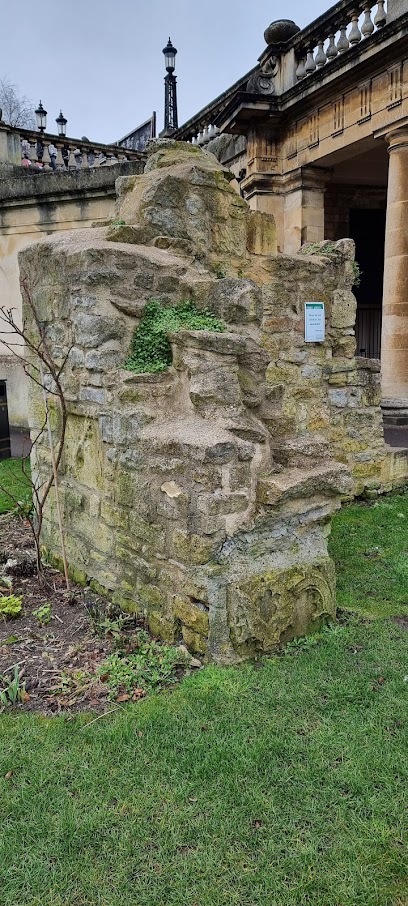
Unmissable attractions to see
The Roman Baths
Step back 2,000 years at The Roman Baths, where ancient thermal waters and historic ruins create an unforgettable journey through Roman Britain.
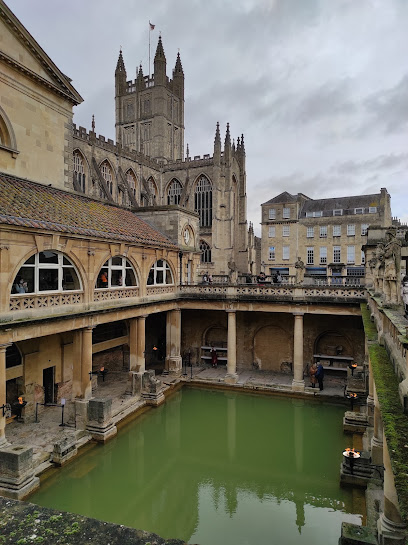
Longleat
Experience the magic of ancient woodlands, luxury lodges, and family fun at Longleat Forest, a serene Center Parcs escape in Wiltshire.
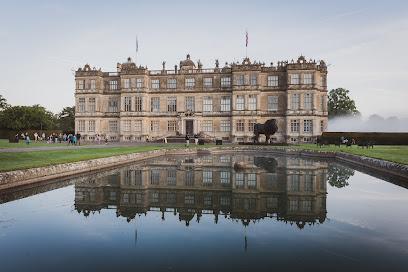
Clifton Suspension Bridge
Iconic Victorian suspension bridge spanning the Avon Gorge with stunning views, free museum, and engaging guided tours in Bristol.
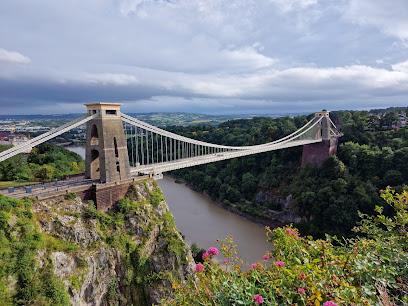
Cabot Circus
A vibrant, modern shopping and leisure hub in Bristol, blending iconic architecture with over 130 shops and diverse dining under a stunning glass roof.
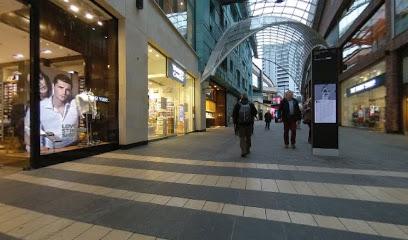
Avebury
Explore Avebury, the world’s largest Neolithic stone circle, a majestic prehistoric landscape of mystery, ritual, and ancient ingenuity.
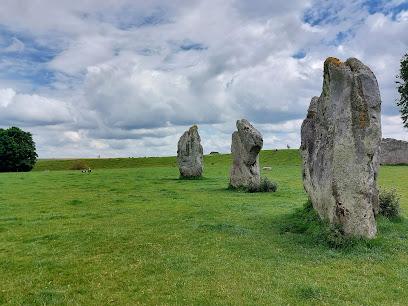
Brunel's SS Great Britain
Explore Brunel's SS Great Britain, the pioneering Victorian steamship that revolutionized maritime travel and engineering in Bristol.
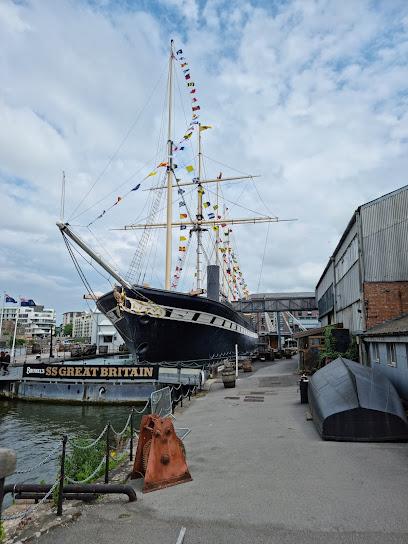
Cheddar Gorge and Caves
Explore dramatic cliffs, ancient caves, and rich prehistoric history at Cheddar Gorge and Caves, Somerset’s iconic natural landmark.
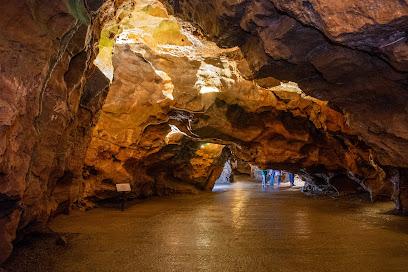
Thermae Bath Spa
Experience Britain’s only natural thermal spa with mineral-rich waters, rooftop views, and award-winning wellness in historic Bath.

St Nicholas Market
Discover Bristol’s historic St Nicholas Market, a lively hub of independent shops, artisan crafts, and global street food in a charming Georgian arcade.
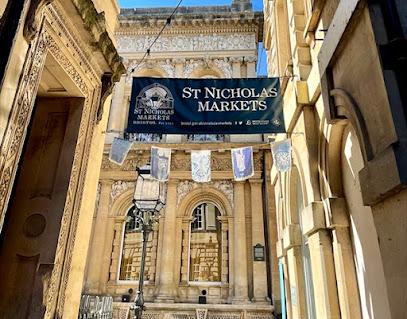
Pulteney Bridge
An elegant 18th-century Palladian bridge in Bath, uniquely lined with shops on both sides, spanning the River Avon with historic charm and vibrant commerce.

Royal Victoria Park Bath
A historic 57-acre park in Bath featuring botanical gardens, inclusive playgrounds, sports facilities, and stunning views of the Royal Crescent.
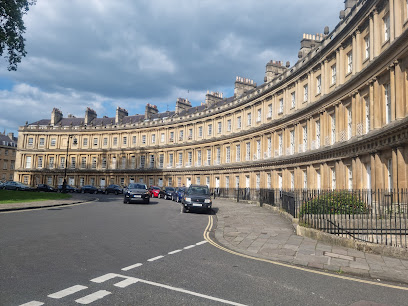
Wells Cathedral
Discover Wells Cathedral, England’s pioneering Gothic masterpiece with its iconic West Front, stunning scissor arches, and rich medieval heritage.
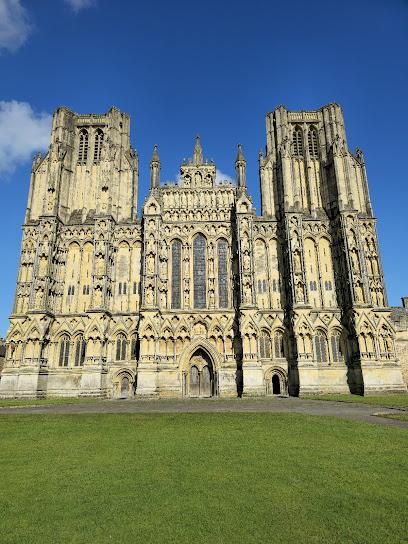
Bristol Museum & Art Gallery
Explore Bristol’s rich heritage and art in a grand Edwardian Baroque museum with free admission and diverse exhibits spanning a billion years.

Tintern Abbey
Explore the breathtaking ruins of Tintern Abbey, a Gothic masterpiece nestled in Wales’ scenic Wye Valley, blending history, art, and nature.
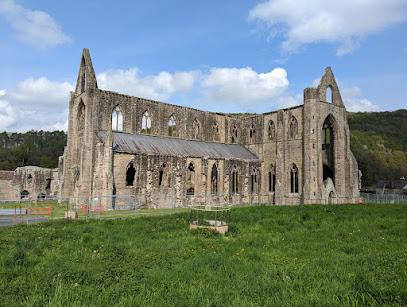
SouthGate Bath
Elegant open-air shopping in Bath’s historic style, blending modern retail with classical charm and vibrant community spirit.
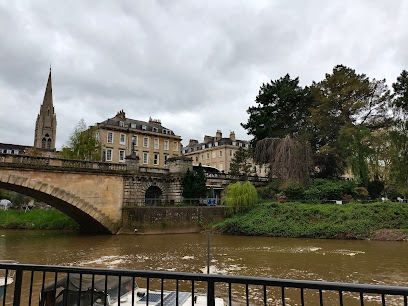
Essential places to dine
Sally Lunn’s Historic Eating House & Museum
Discover Bath’s oldest house and savor the legendary Sally Lunn bun in a historic setting blending museum charm with classic British dining.
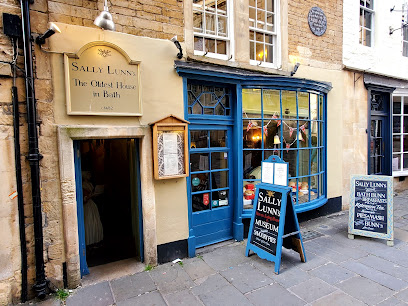
Turtle Bay Bath
Experience authentic Caribbean jerk flavors and tropical vibes in the heart of historic Bath at Turtle Bay.
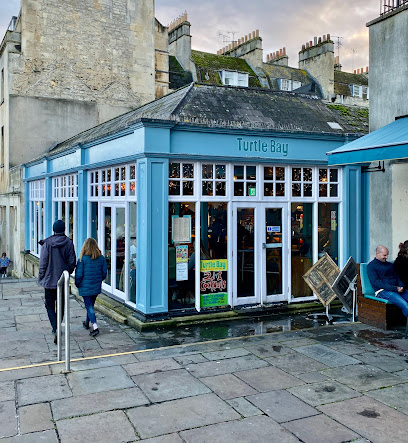
Bill's Bath Restaurant
A vibrant British restaurant in central Bath, perfect for breakfast, brunch, lunch, or dinner near the Theatre Royal and Bath Abbey.
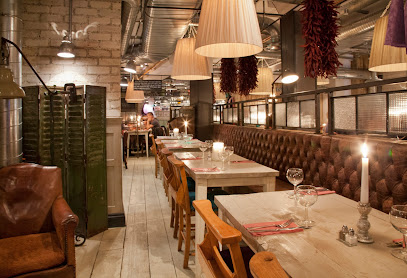
Bathampton Mill Bath
Historic riverside gastropub blending traditional British charm with scenic views and modern dining near Bath.
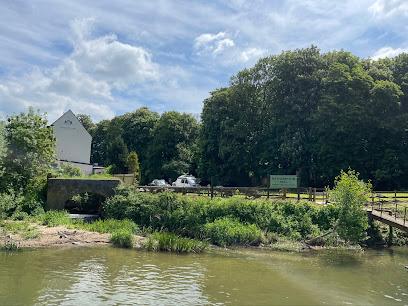
The Ivy Bath Brasserie & Garden
Sophisticated British dining with seasonal flair, elegant interiors, and a charming garden in the heart of historic Bath.
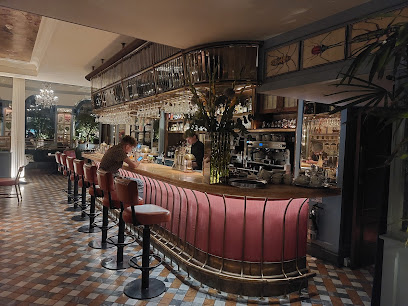
The Pump Room Restaurant
Experience Georgian elegance and classic British dining beside Bath’s historic Roman Baths with live music and refined afternoon tea.
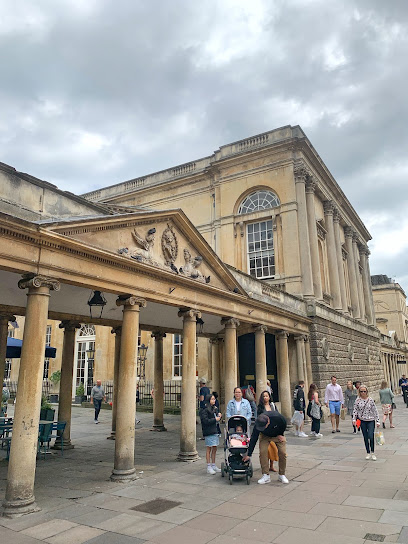
Sotto Sotto
Discover authentic Italian cuisine in a romantic vaulted cellar setting beneath Bath’s historic streets.
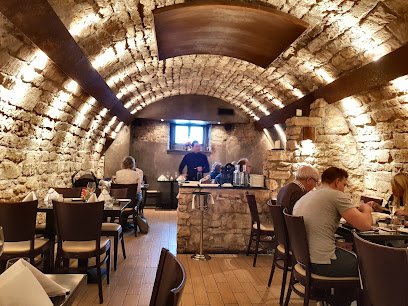
Browns Bath
Classic British brasserie dining in Bath’s historic Old Police Station with seasonal menus and handcrafted cocktails.
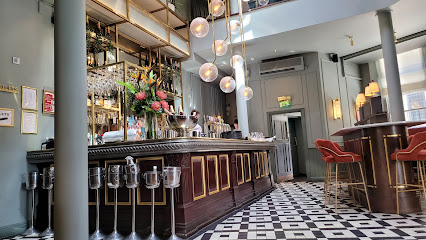
Las Iguanas - Bath
Experience bold Latin American flavors and vibrant cocktails in the heart of Bath’s lively Seven Dials district.
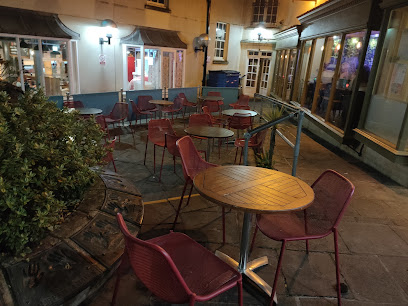
Cappadocia Turkish Restaurant
Experience authentic Turkish flavors and warm hospitality in the heart of Bath at Cappadocia Turkish Restaurant.
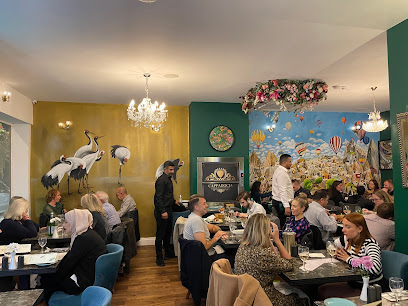
Opa Bath
Experience authentic Greek meze and vibrant nightlife in atmospheric vaulted cellars by Bath’s River Avon.
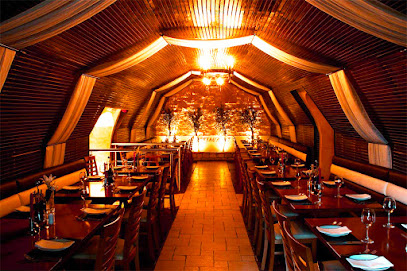
Pintxo de Bath
Authentic Basque tapas and sherry bar in Bath’s theatre district with a sunny garden and vibrant Spanish flavors.
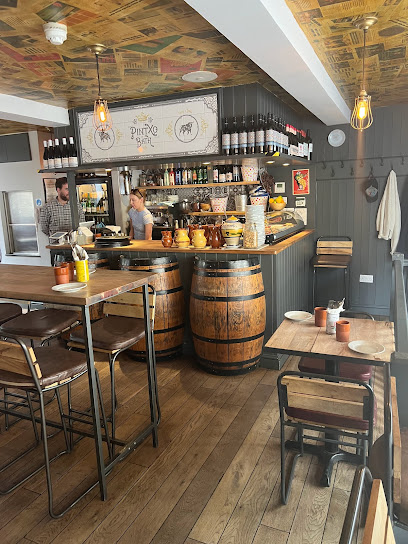
Yak Yeti Yak
Authentic Nepalese cuisine and Himalayan hospitality in a vibrant basement gem.

The Salamander - A Great British Pub.
Intimate Georgian pub serving locally sourced British classics and Bath Ales in Bath's historic city centre.
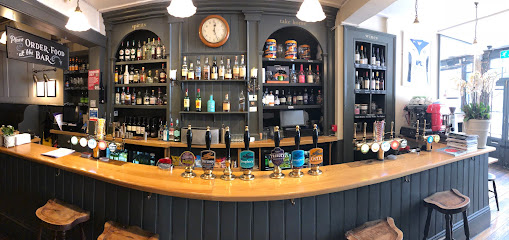
The Herd Steak Restaurant
A cozy, family-run steakhouse in Bath famed for locally sourced, dry-aged beef and impeccable service in a unique basement setting.
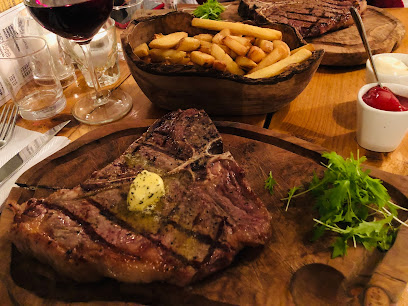
Markets, malls and hidden boutiques
SouthGate Bath
Open-air shopping in Bath blending classical architecture with vibrant retail and dining experiences.
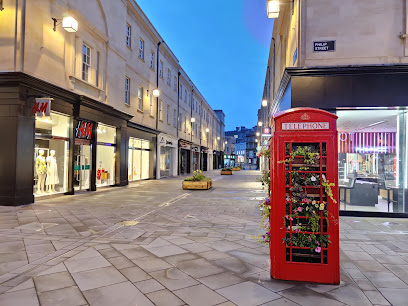
Topping & Company Booksellers of Bath
A beloved independent bookshop in Bath offering rich literary selections, live author events, and a welcoming atmosphere daily until late evening.
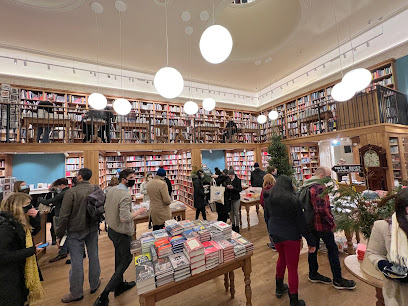
House of Fraser
Historic department store blending heritage and modern retail in the heart of Bath’s shopping district.
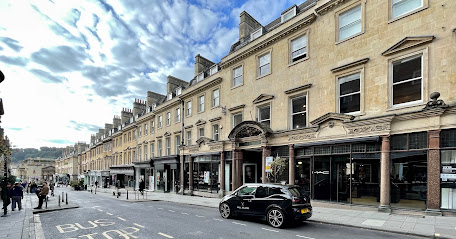
Milsom Place
Elegant Georgian courtyards housing boutique shops and refined dining in the heart of Bath’s fashionable Milsom Street.
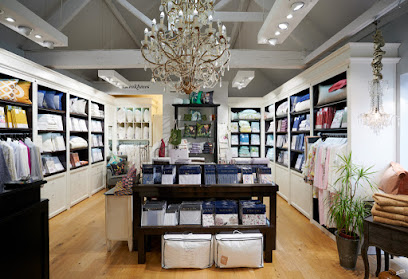
Flying Tiger Copenhagen
Discover playful Scandinavian design and affordable creative gifts at Flying Tiger Copenhagen in Bath’s vibrant Union Street.
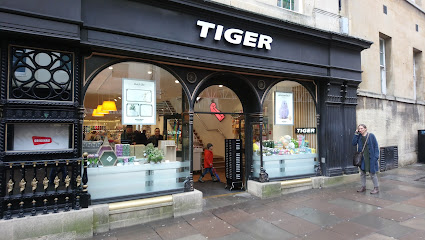
Anthropologie
Discover Anthropologie Bath: vibrant women's fashion and unique home décor in a stylish boutique at the heart of historic New Bond Street.
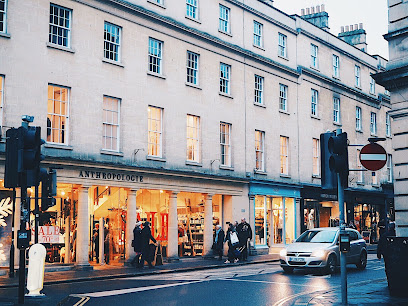
Urban Outfitters
A vibrant lifestyle store in Bath offering on‑trend fashion, accessories, and quirky homewares in a creative, youth‑oriented space.
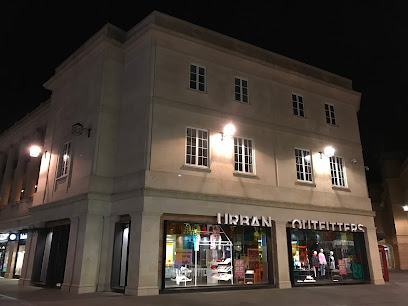
The Silver Shop Of Bath
Discover Bath’s oldest independent silver jewellery shop, offering exquisite craftsmanship, unique gifts, and warm, personalized service since 1952.
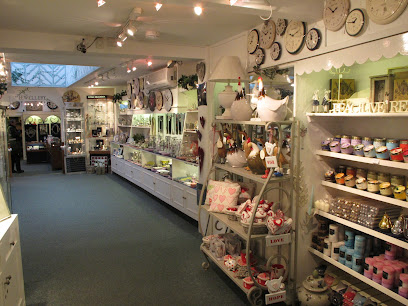
Fat Giraffe Gifts
Discover unique, handcrafted wooden gifts with a sustainable heart at Bath’s welcoming Fat Giraffe Gifts on Milsom Street.
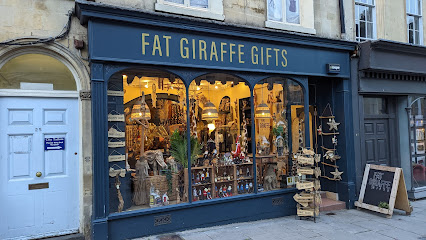
The Yellow Shop
Discover unique vintage fashion treasures and timeless style at The Yellow Shop, Bath’s vibrant boutique on Walcot Street.
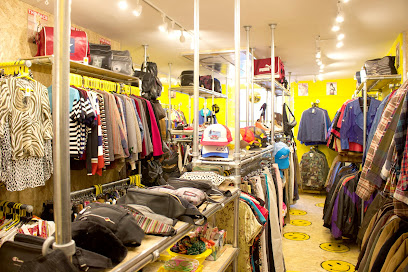
Firefly Vintage Bath
Discover unique vintage gems and timeless style at Firefly Vintage Bath, a cozy boutique for curated vintage clothing in the heart of Bath.

Jacks of Bath
Discover authentic Bath souvenirs in a charming boutique nestled in the historic Abbey Churchyard, perfect for unique gifts and keepsakes.
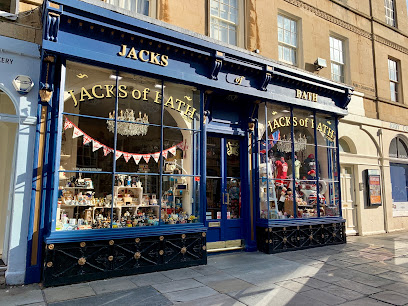
The Antique Map Shop
Discover rare antique maps and prints in a historic shop set on Bath’s iconic Pulteney Bridge, blending history with timeless charm.
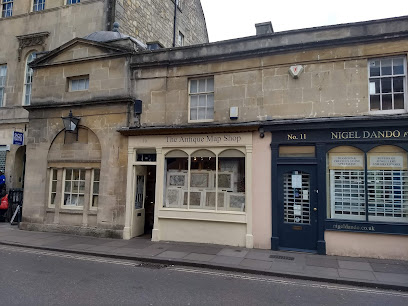
Vinegar Hill
Discover quirky gifts and unique homewares in the heart of Bath’s historic Milsom Street at Vinegar Hill.
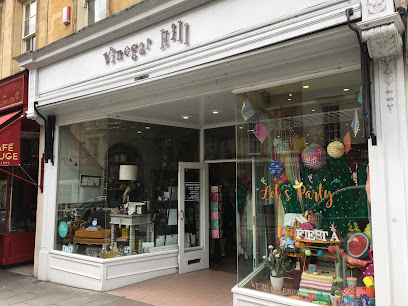
Bath Retro Store
Discover quirky gifts and nostalgic treasures in Bath Retro Store, a charming independent shop nestled in historic Abbey Green.
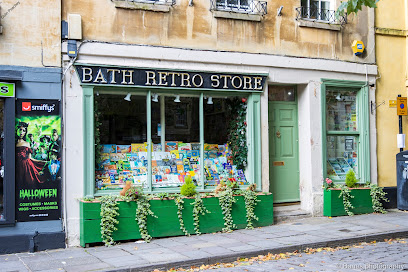
Essential bars & hidden hideouts
The Raven
Experience the heart of Bath at The Raven, where local flavors meet a warm, inviting atmosphere for a unique dining experience.
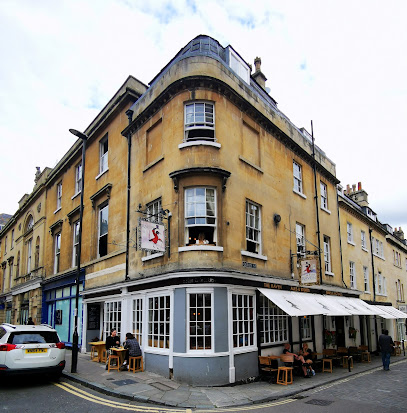
Hall & Woodhouse Bath
Historic multi-floor pub and restaurant in Bath offering classic ales, diverse menu, and rooftop city views.
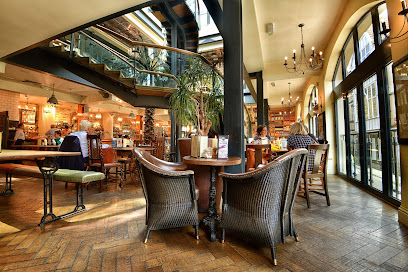
Slug & Lettuce - Bath
Lively cocktail bar and British restaurant in Bath with stylish interiors, a secluded garden, and celebrated bottomless brunch experiences.
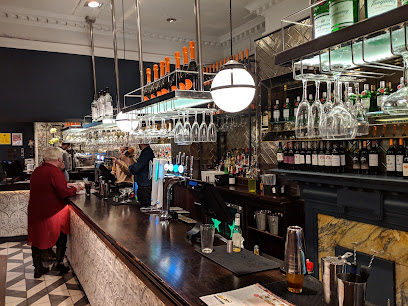
All Bar One Bath
Stylish wine bar on Bath’s High Street offering diverse dining and lively social vibes in a spacious, modern setting.
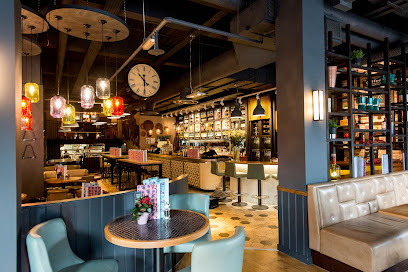
The Bath Distillery Gin Bar
Discover Bath’s historic gin revival in a vibrant Georgian bar with exclusive small-batch gins and expertly crafted cocktails.
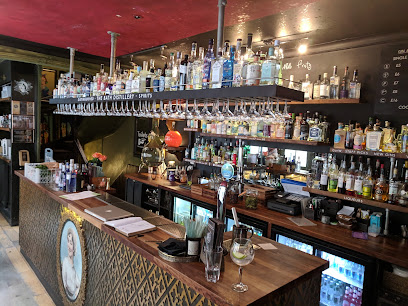
Revolution Bath
Lively cocktail bar in Bath’s city centre offering creative drinks, American-inspired eats, and vibrant nightlife until the early hours.
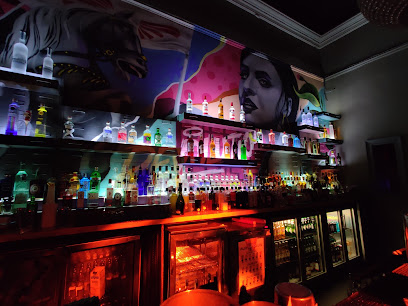
The Dark Horse
Discover Bath’s hidden underground cocktail bar where vintage charm meets innovative mixology in an intimate, moody setting.
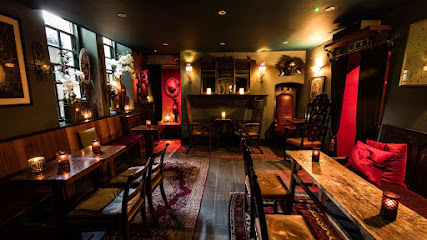
Be At One - Bath
Vibrant cocktail bar in Bath’s Brunel Square, offering 100+ cocktails, unbeatable 2-for-1 happy hours, and a lively, welcoming atmosphere.
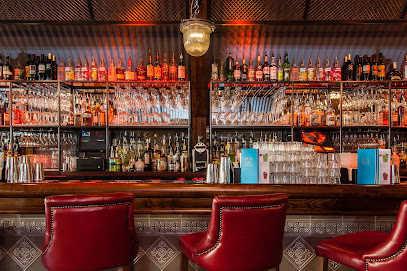
Coeur De Lion
Discover Bath’s smallest pub, Coeur De Lion, where cozy charm meets local ales and simple, tasty fare in a welcoming atmosphere.
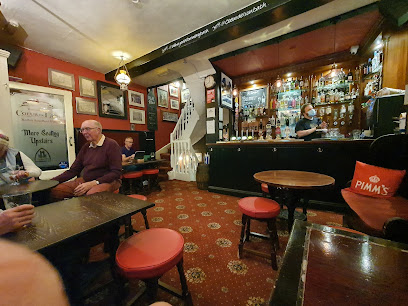
Vino Vino
Sophisticated yet relaxed wine and cocktail bar in Bath with artisan sharing plates and a vibrant al fresco terrace.
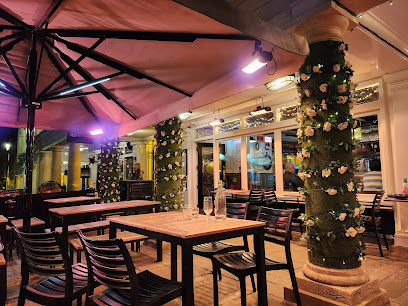
The Old Green Tree
A cozy and historic Bath pub with quality ales, warm wood interiors, and a welcoming, timeless atmosphere.
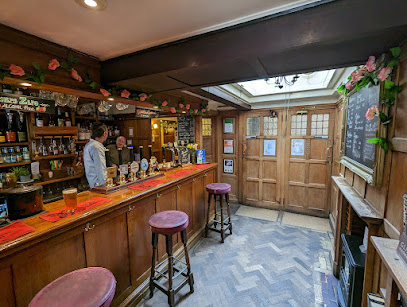
Belushi's Bath
Energetic sports bar and live music venue in Bath’s city centre, perfect for cocktails, big-screen sports, and lively nights out.
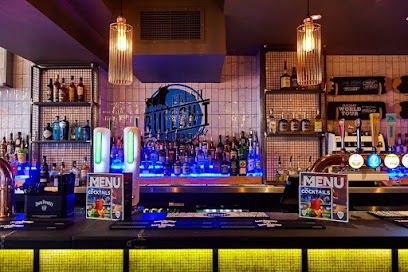
The Grapes
A historic Bath pub blending traditional charm with lively music, craft ales, and a welcoming atmosphere in the city’s heart.
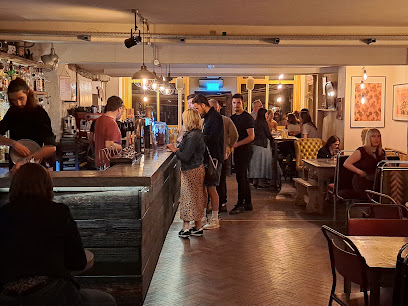
The Hideout
An intimate, upscale bar in Bath renowned for exceptional whiskeys and inventive cocktails in a cozy, stylish setting.
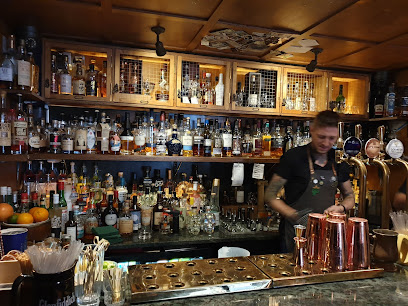
Local Phrases
-
- HelloAlright
[al-right] - GoodbyeCheers
[cheers] - YesAye
[aye] - NoNah
[nah] - Please/You're welcomeTa
[ta] - Thank youCheers
[cheers] - Excuse me/SorryPardon
[par-don] - How are you?Alright, mate?
[al-right, mate?] - Fine. And you?Not bad. You?
[not bad. you?] - Do you speak English?Do you speak English?
[Do you speak English?] - I don't understandI ain't got a scooby
[I ain't got a scooby]
- HelloAlright
-
- I'd like to see the menu, pleaseCan I 'ave a look at the menu, please?
[Can I 'ave a look at the menu, please?] - I don't eat meatI don't eat meat
[I don't eat meat] - Cheers!Cheers!
[Cheers!] - I would like to pay, pleaseI'll pay, please
[I'll pay, please]
- I'd like to see the menu, pleaseCan I 'ave a look at the menu, please?
-
- Help!Help!
[Help!] - Go away!Clear off!
[Clear off!] - Call the Police!Ring the Old Bill!
[Ring the Old Bill!] - Call a doctor!Get a doctor!
[Get a doctor!] - I'm lostI'm lost
[I'm lost] - I'm illI'm poorly
[I'm poorly]
- Help!Help!
-
- I'd like to buy...I'll 'ave that...
[I'll 'ave that...] - I'm just lookingJust browsing, thanks
[Just browsing, thanks] - How much is it?How much is that?
[How much is that?] - That's too expensiveThat's a bit steep
[That's a bit steep] - Can you lower the price?Can you do it for less?
[Can you do it for less?]
- I'd like to buy...I'll 'ave that...
-
- What time is it?What's the time?
[What's the time?] - It's one o'clockIt's one o'clock
[It's one o'clock] - Half past (10)Half ten
[Half ten] - MorningMorning
[Morning] - AfternoonAfternoon
[Afternoon] - EveningEvening
[Evening] - YesterdayYesterday
[Yesterday] - TodayToday
[Today] - TomorrowTomorrow
[Tomorrow] - 1One
[One] - 2Two
[Two] - 3Three
[Three] - 4Four
[Four] - 5Five
[Five] - 6Six
[Six] - 7Seven
[Seven] - 8Eight
[Eight] - 9Nine
[Nine] - 10Ten
[Ten]
- What time is it?What's the time?
-
- Where's a/the...?Where's the...?
[Where's the...?] - What's the address?What's the address?
[What's the address?] - Can you show me (on the map)?Can you show me (on the map)?
[Can you show me (on the map)?] - When's the next (bus)?When's the next (bus)?
[When's the next (bus)?] - A ticket (to ....)A ticket (to ....)
[A ticket (to ....)]
- Where's a/the...?Where's the...?
History of Bath
-
Bath's history dates back to AD 60-70 when the Romans established the settlement of Aquae Sulis around the natural hot springs. The Romans built a sophisticated bath complex and a temple dedicated to the goddess Sulis Minerva. These structures attracted visitors from across the Roman Empire, seeking the healing properties of the thermal waters.
-
After the fall of the Roman Empire, Bath experienced a period of decline until the 7th century when it was revived by the establishment of a monastery. The Anglo-Saxon King Offa of Mercia re-founded the Abbey in 757 AD, which became a significant religious center. The current Bath Abbey, with its stunning Gothic architecture, was founded in 1499 on the ruins of the earlier Norman church.
-
The 18th century marked a period of transformation for Bath, largely influenced by the vision of John Wood the Elder and his son, John Wood the Younger. The Woods designed much of Bath's Georgian architecture, including the iconic Royal Crescent and Circus. This era saw Bath becoming a fashionable spa town, attracting the wealthy and elite, including figures like Jane Austen and Richard 'Beau' Nash, the city's Master of Ceremonies.
-
During the 19th century, Bath continued to expand and modernize. The arrival of the Great Western Railway in 1841, designed by Isambard Kingdom Brunel, connected Bath to London and increased its accessibility. Victorian influences can be seen in the city's architecture and infrastructure, including the development of public parks and the expansion of municipal services.
-
Bath's historical significance made it a target during World War II, specifically during the Bath Blitz in April 1942. German bombers targeted the city as part of the Baedeker Raids, resulting in significant damage to historical buildings and civilian areas. Post-war reconstruction efforts focused on preserving Bath's architectural heritage while modernizing the city.
-
In 1987, Bath was designated a UNESCO World Heritage Site, recognizing its outstanding universal value due to its Roman remains, Georgian architecture, and the harmonious integration of the natural landscape. Today, Bath continues to celebrate its rich history with annual festivals, cultural events, and the preservation of its historic sites, attracting millions of visitors from around the world.
Bath Essentials
-
Bath is a well-connected city in the United Kingdom. The nearest international airport is Bristol Airport, located approximately 20 miles away. From Bristol Airport, you can take a bus or taxi to Bath, which takes around 45 minutes. Alternatively, Heathrow Airport in London is about 100 miles away, with direct train services to Bath available from London Paddington Station. The journey by train from London to Bath takes around 1.5 hours. Bath Spa railway station is centrally located, making it convenient for travelers arriving by train.
-
Bath has an efficient local transport system. The city is compact, and many attractions are within walking distance. For longer trips, you can use local buses operated by First West of England. Taxis are also readily available. If you prefer cycling, Bath offers several bike rental options, including e-scooters. For a unique experience, consider taking a boat trip along the River Avon. Bath's Park and Ride services are useful for those driving into the city, providing convenient parking and shuttle services to the city center.
-
The official currency in Bath, as in the rest of the United Kingdom, is the British Pound Sterling (GBP). Credit and debit cards are widely accepted in hotels, restaurants, and shops. Contactless payment methods, such as Apple Pay and Google Pay, are also commonly used. ATMs are plentiful, especially in the city center, making it easy to withdraw cash if needed. It is advisable to carry some cash for small purchases or in case you visit smaller establishments that may not accept cards.
-
Bath is generally a safe city for tourists, but it's always prudent to take standard precautions. The city center and main tourist attractions are well-patrolled and secure. However, be cautious in less crowded areas, especially after dark. Avoid carrying large amounts of cash and be vigilant with your belongings in crowded places. While Bath doesn't have neighborhoods with high crime rates specifically targeting tourists, areas like Twerton and Southdown have higher crime rates compared to other parts of the city. Always stay aware of your surroundings.
-
In case of emergency, dial 999 for immediate assistance from police, fire services, or medical help. Bath's Royal United Hospital is the main medical facility in the city, providing emergency services. Pharmacies are widely available for minor health issues and over-the-counter medications. It is recommended to have travel insurance that covers medical emergencies. The Bath police station is located on Manvers Street, in the city center, and can be approached for any non-emergency assistance.
-
Fashion: Do dress comfortably and appropriately for the weather. Bath is known for its casual yet stylish fashion. Avoid overly casual attire when dining at upscale restaurants. Religion: Do respect local customs, especially when visiting religious sites like Bath Abbey. Public Transport: Do have exact change or a contactless card for bus fares. Don't be loud or disruptive on public transport. Greetings: Do greet people with a friendly 'hello' or 'hi'. A handshake is customary in formal settings. Eating & Drinking: Do try local specialties like Bath buns and Sally Lunn buns. Don't tip less than 10% in restaurants unless the service was poor, as tipping is customary.
-
To experience Bath like a local, take a leisurely stroll along the Kennet and Avon Canal. Visit the local markets, such as the Bath Farmers' Market at Green Park Station, to sample fresh produce and artisanal goods. Engage with locals in traditional pubs like The Bell Inn or The Raven, where you can enjoy local ales and ciders. Don't miss the Thermae Bath Spa for a relaxing soak in the natural thermal waters. For a unique experience, explore the city's lesser-known areas like the Bath Skyline Walk, offering stunning views of the city and countryside.
Trending Landmark in Bath
-
The Circus
-
Cabot Tower
-
Green Park Station
-
Bath Guildhall Market
-
Herschel Museum of Astronomy
-
St Peter's Church
-
Bath Walking Tours
-
The Parish Church of St John the Baptist
-
Museum of Bath Architecture
-
Statue of Edmund Burke
-
Archway
-
Bath Quays Waterside
-
Part of the mediaeval wall of the City of Bath
-
Parte de la muralla medieval de la ciudad de Bath
-
Monks Mill
Nearby Cities to Bath
-
Things To Do in Bristol
-
Things To Do in Cardiff
-
Things To Do in Oxford
-
Things To Do in Stratford-upon-Avon
-
Things To Do in Windsor
-
Things To Do in Birmingham
-
Things To Do in London
-
Things To Do in Nottingham
-
Things To Do in Cambridge
-
Things To Do in Chester
-
Things To Do in St. Sampson
-
Things To Do in Vale
-
Things To Do in Castel
-
Things To Do in St. Peter Port
-
Things To Do in St. Andrew













